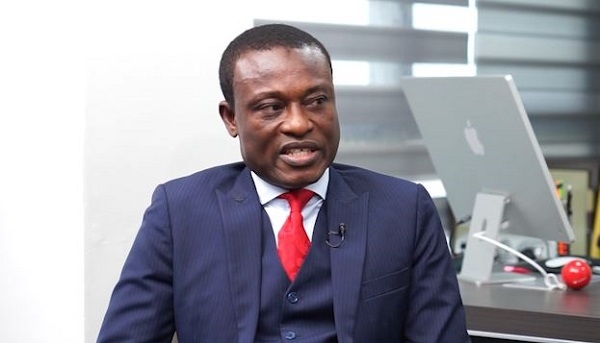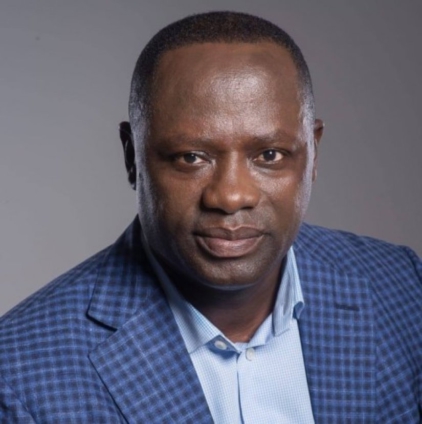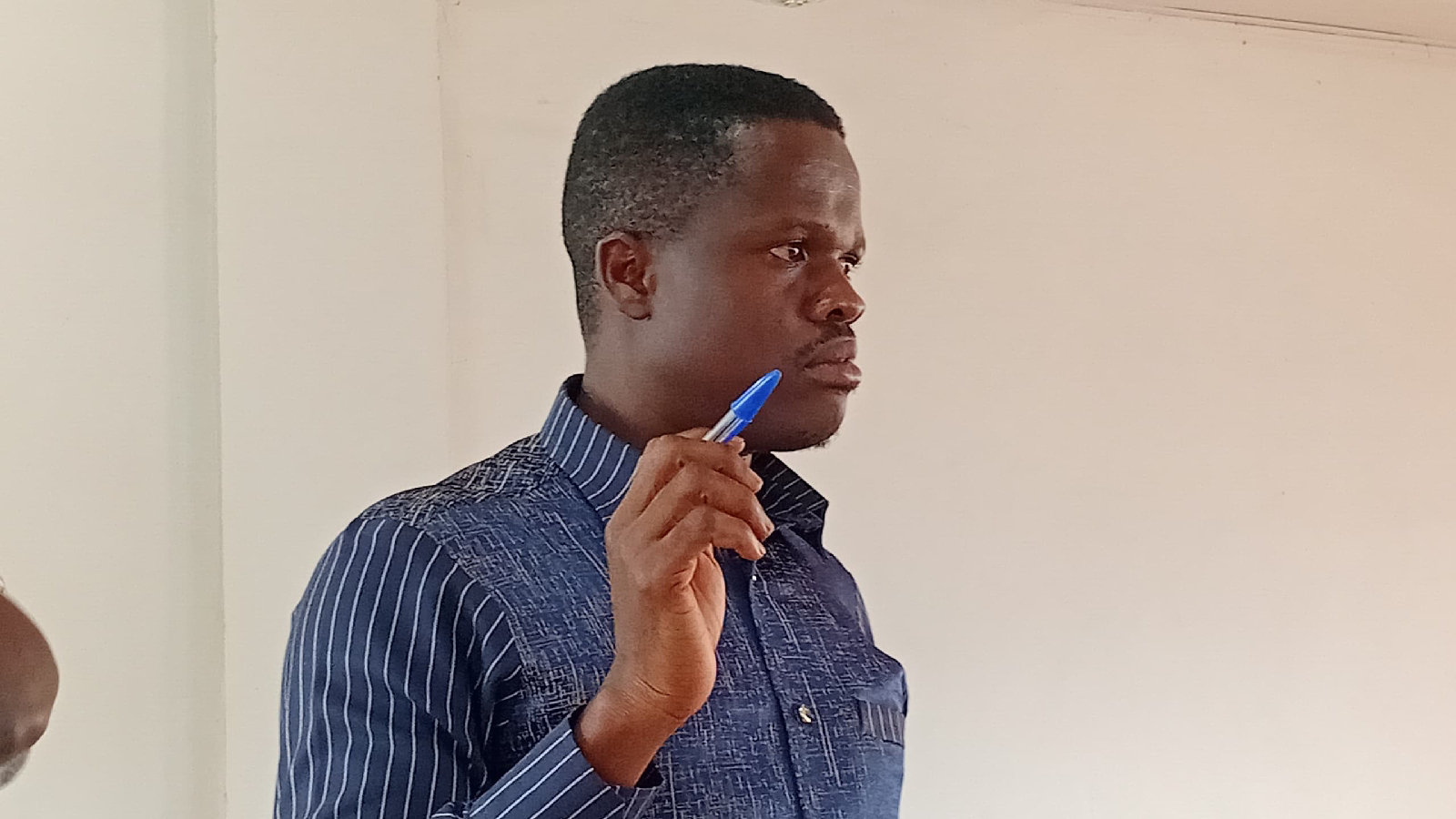- Story By: Akua Oteng Amponsah
The Office of the Special Prosecutor (OSP) remains Ghana’s most credible and potent institutional response to corruption, according to its head, Mr. Kissi Agyebeng.
Delivering a major anti-corruption policy address in Accra, Mr. Agyebeng explained that the OSP was established to rectify the limitations of earlier accountability bodies. “The OSP is politically neutral, retains total control over its investigations and prosecutions, and has jurisdiction over both public and private actors,” he noted.
He described the Commission on Human Rights and Administrative Justice (CHRAJ) and the Economic and Organised Crime Office (EOCO) as well-intentioned but fundamentally constrained. “CHRAJ could only investigate but not prosecute. EOCO’s reliance on the Attorney-General made it ineffective in pursuing politically exposed persons,” he explained.
While calling for further constitutional and statutory strengthening of the Office, Mr. Agyebeng acknowledged the challenges it faces. “No anti-corruption system is failsafe,” he said, adding, “But it must be reasonably robust to withstand sabotage, legal bottlenecks, and political interference.”
Mr. Agyebeng also offered a historical reflection on Ghana’s struggle with corruption, tracing it back to the pre-colonial era.
“Each surge in corruption has been met with varied responses—from coup d’états to commissions of inquiry,” he noted.
Despite setbacks, Mr. Agyebeng expressed cautious optimism. “Our anti-corruption drive has been pockmarked by ups, downs, and sometimes downright downs—but we keep humming a more melodious version of that old Negro spiritual—to signify hopefulness.”
















